On the third day of the UN Water Conference, the WEA team again observed the conference proceedings and participated in a wide variety of events. Dr. Chris Elisara’s day started early in lower Manhattan’s historic Woolworth building at an event entitled “Together We Walk,” which is also the name of an app specially designed and launched at the UN Water Conference. The app “shares a walk in lower Manhattan with sights containing relevant water stories on New York and the rest of the world.” The event, hosted by Arcadis’ Shelter Program, New York Water Week, and UN-Habitat explored water focused urban development around the world. If you’re ever in New York, download the app (AppStore – Playstore) and go on the walking tour. The experience will open your eyes to the global water crisis and how to accelerate the change that is needed to solve the crisis.
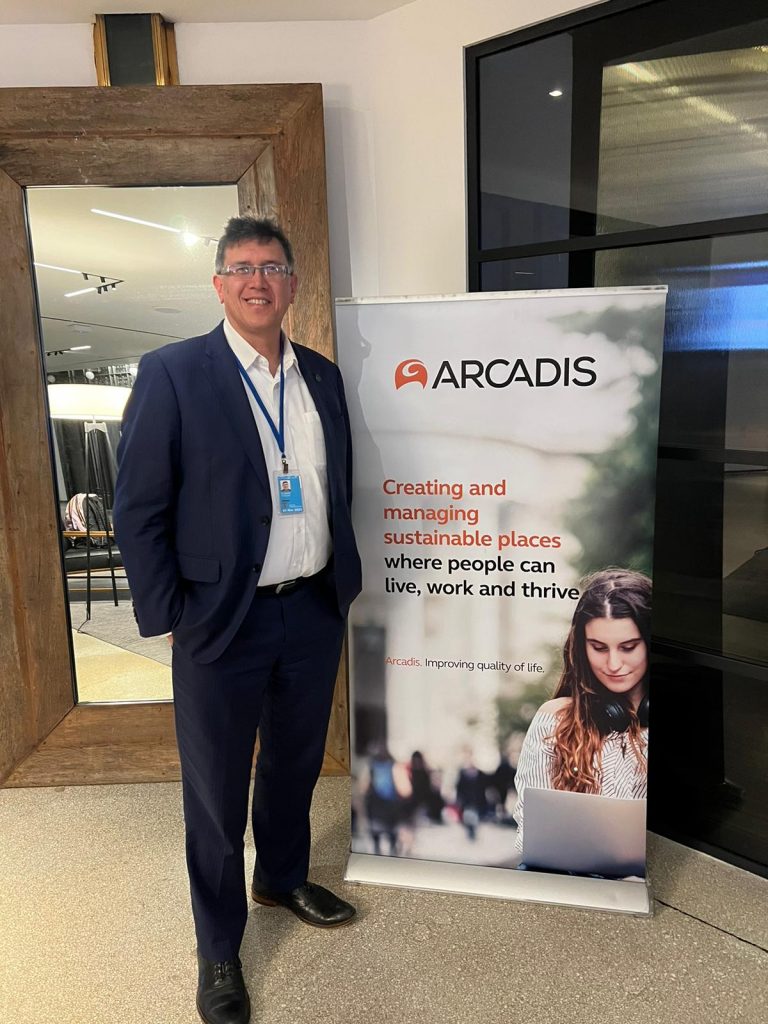
And who’s helping to solve the water crisis? Russell Crawford is, a man Dr. Elisara met in the very last event of the UN Water Conference. Russell woke up one day, he told Chris, with the inspiration for a new water drilling technology that led to One Million Wells, a Christian ministry that drills water wells all over the world. One example is the wells they drill in partnership with a ministry entitled I-58 – inspired by the 58th chapter of the book of Isaiah. Harvey Flaconer, the founder or I-58, drills wells in Guatemala by training former prison inmates. Having an I-58 job not only helps former inmates get their lives back on track, the well water is put to productive use by local farmers growing everything from fish to lemon trees. The partnership between One Million Wells and I-58 is a beautiful expression of God’s grace and care of creation, which is why its leaders were attending the UN Water Conference to share with the world the practical water solution God gave them and find new partners to help. Their story, and the tangible water solutions they provide, naturally leads them to share the Gospel too.
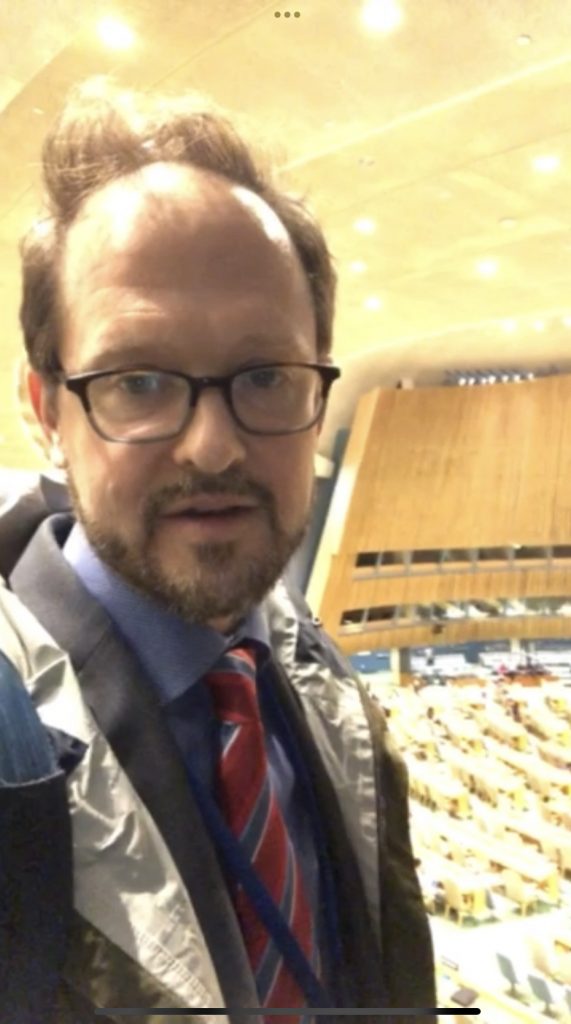
Rev Allen Drew, WEA Advocate for Creation Care, attended the morning session of the UN Water Conference plenary. After 3 hours of listening to delegates speak on behalf of their respective nations, a number of consistent themes arose: (1) Water is a fundamental human right and not a commodity – it must therefore be upheld as a well-managed public good and not a privatized product. (2) Water is so essential to life, health, and well-being that efforts to advance the other UN sustainable development goals (SDGs) cannot have any hope of success unless they integrate and centralize equitable and sustainable water policy. (3) The current global state of human access to clean water and sanitation is a crisis: 2 billion people (25%) do not have access to clean drinking water and 3.6 billion (45%) do not have access to basic sanitation. Population growth, development, and climate impacts such as drought, sea level rise, biodiversity loss, and flooding are putting further pressure on what is already a dire situation. As a result, delegates called again and again for a rapid acceleration of progress on SDG 6 (access to clean water and sanitation) from all countries. This included recommendations for cleaning water courses, conserving and reusing water, developing better national plans for water infrastructure and management, and increased funding from wealthy nations to help lower income nations accomplish their goals. (4) In light of all these needs, many nations called for the appointment of a UN Special Envoy on water to help organize and synchronize the global effort. Overall, there was a pervasive sense of urgency at the plenary, but also hope. Water is so basic to life that it has the capacity to unify otherwise divided people – and this was felt throughout the conference.
As Christians, we have a crucial role to play in all of this. We follow a Creator Father who loves this world and has called us to be caretakers of it. We follow a Son who has told us in Matthew 12 that our purpose in life is summed up by the dual command to love God and love our neighbor. And we follow a Spirit who is the Divine Restorer – the One who holds the power that literally raised Jesus from the dead. In the face of a climate crisis, a water crisis, a ravaged creation, and a suffering humanity, God has set the church in the world to be the hands, feet, and voice of Jesus’ ongoing ministry – which is nothing less than the breaking in of the shalom of the Kingdom of God to our hurting world. Brothers and sisters, we were made for the climate crisis. We were made for the water crisis. We were made to walk into places of hopelessness and with our lives incarnate the hope of the New Creation. So let us – and our church communities – roll up our sleeves and get to it.
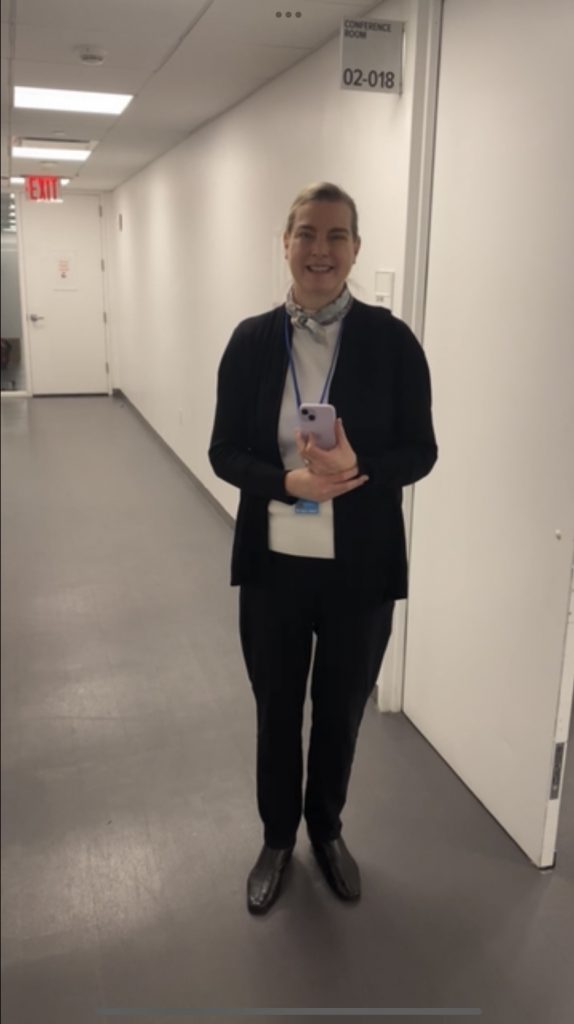
Karen Chong of the WEA UN New York office came away from the three days of the UN Water Conference with considerable information about the importance of water in every aspect of human life. From the hundreds of millions of people who lack access to safe drinking water to the relationship between water scarcity and violent conflict, the takeaways from the UN water conference could certainly seem overwhelming. Again, as evangelical Christians, we want to be good stewards of God’s creation and to follow Jesus’ command to “love our neighbors as ourselves” (Matthew 22:39). Let’s not grow weary or frozen by the overwhelming need; even small actions can add up to make a real difference. As Jesus says, “I was thirsty, and you gave me something to drink,”(Matthew 25:35).
Water is involved in every aspect of our daily lives and economies. It is used to manufacture products, grow food, provide sanitation, and hydrate us. It is also used as a dumping ground for waste. Because of this, being better stewards of creation in general usually means being better stewards of water as well. The Climate Witness Project of the Christian Reformed Church has a carbon footprint reduction resource at http://www.cwpeasternus.org/net-zero-household that has numerous strategies for better household care for creation. This is a good place to get started. However, your impact will be greatest by also getting involved with a local organization that is advocating for good water policy because the changes we need to make are systemic.
One of the sources that we can highly recommend covering the UN Water Conference and other key global sustainability moments and developments is the Earth Negotiations Bulletin. They have been reviewing highlights and creating daily reports on the UN Water Conference. Some of the highlights that they have shared on their website are:
– India announcing various investments, one of them being 50 billion USD in order to provide safe drinking water to all rural Indian households before 2030
– Jamaica joining the Small Island Developing States (SIDS) Coalition for Nature
– Kenya discussing plans to build 100 dams in the next five years; and
– Denmark noting among its commitments to provide more than USD 400 million to enhance transboundary water management and development in Africa
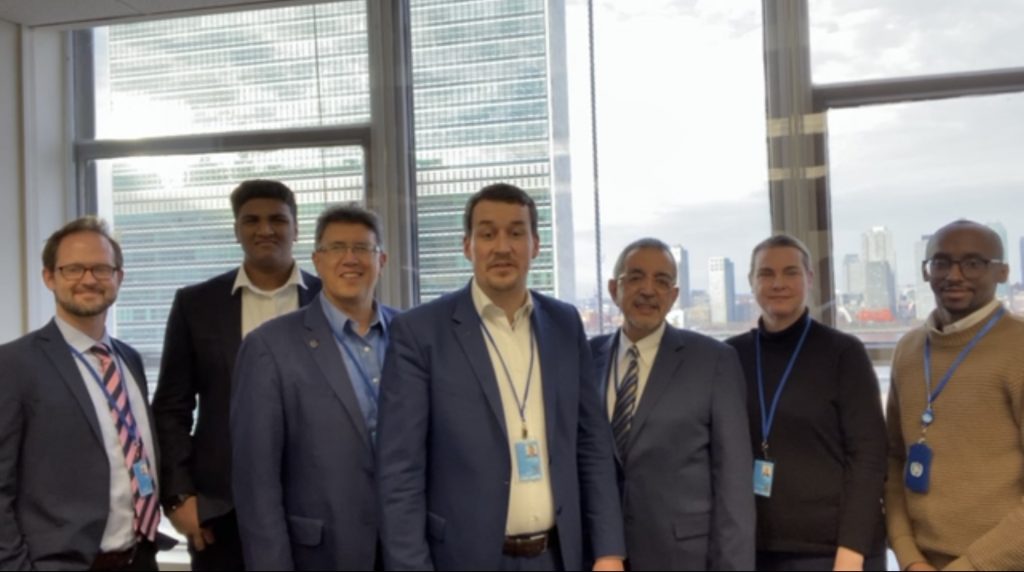
As the WEA Team we are thankful for the opportunity to participate in the UN Water Conference and to monitor its debates and decisions for the global evangelical community. Yesterday, Friday, March 24, the UN Water Conference in New York came to a successful conclusion, even though the commitments and decisions could have been more ambitious and stronger in light of the global water and sanitation crisis. The most important result is the Water Action Agenda, for whose implementation voluntary commitments were registered by conference participants. At the end of the UN 2023 Water Conference, the total number of commitments was 708 and according to Csaba Kőrösi, President of the UN General Assembly, financial pledges made equal USD 300 billion. Another joyful outcome of the conference is the announcement that the role of a “UN Special Envoy for Water” will be established for the first time.
Please stay in touch with the WEA Sustainability Center if you want to continue to be informed about and pray for key global sustainability and creation care moments. God bless you!
A report from the WEA Team (WEA UN Liaison Office, New York & WEA Sustainability Center, Bonn)

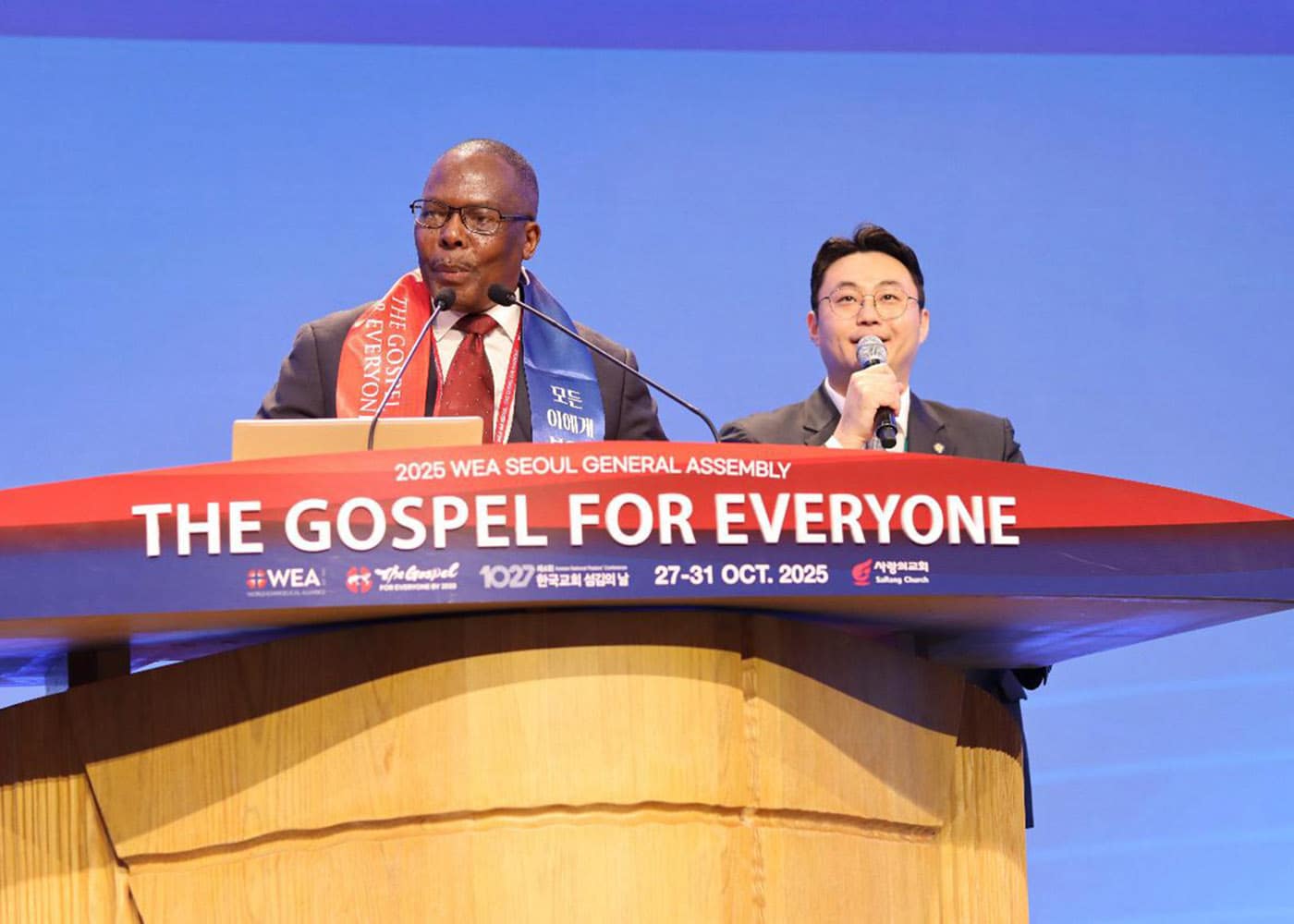
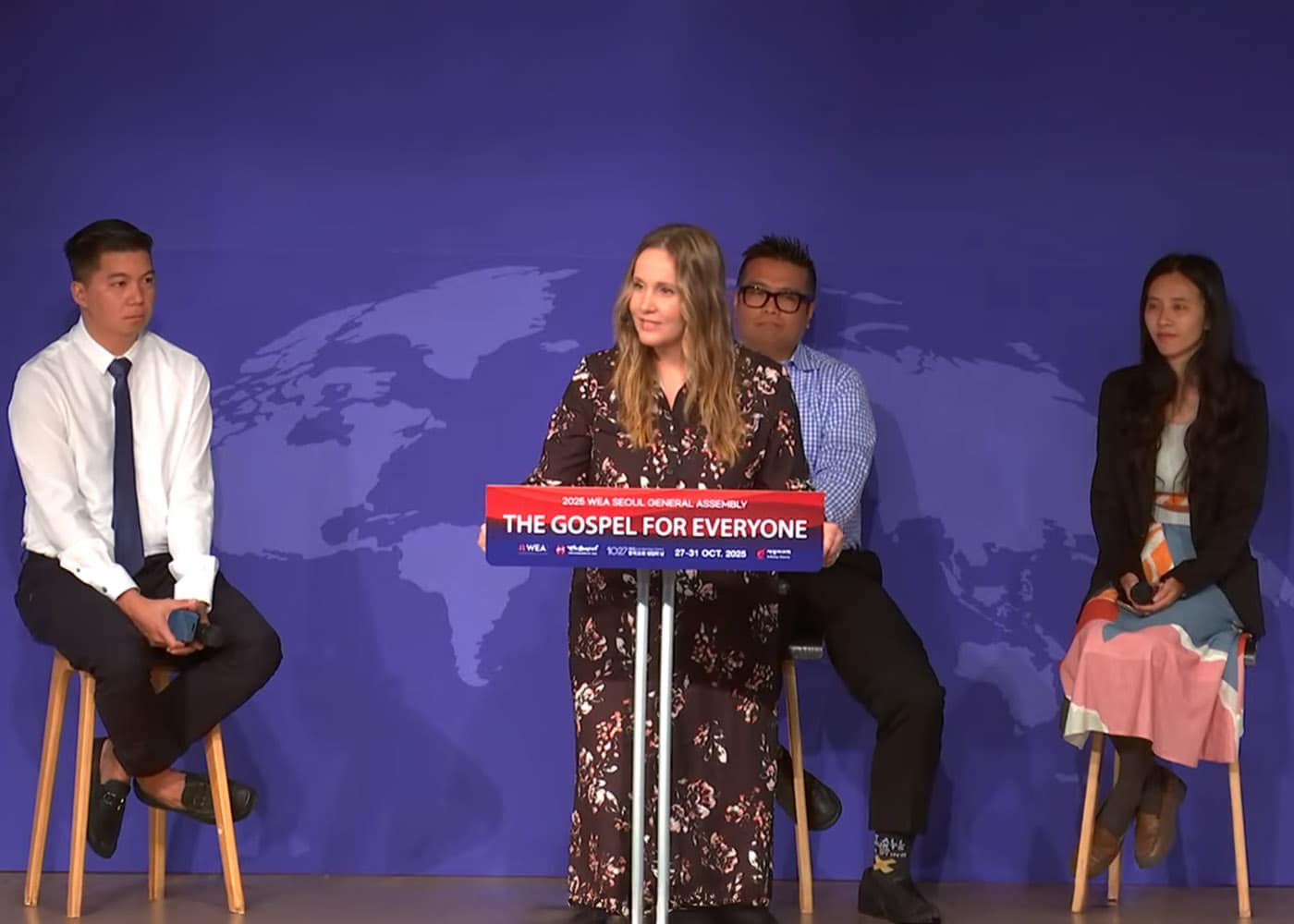
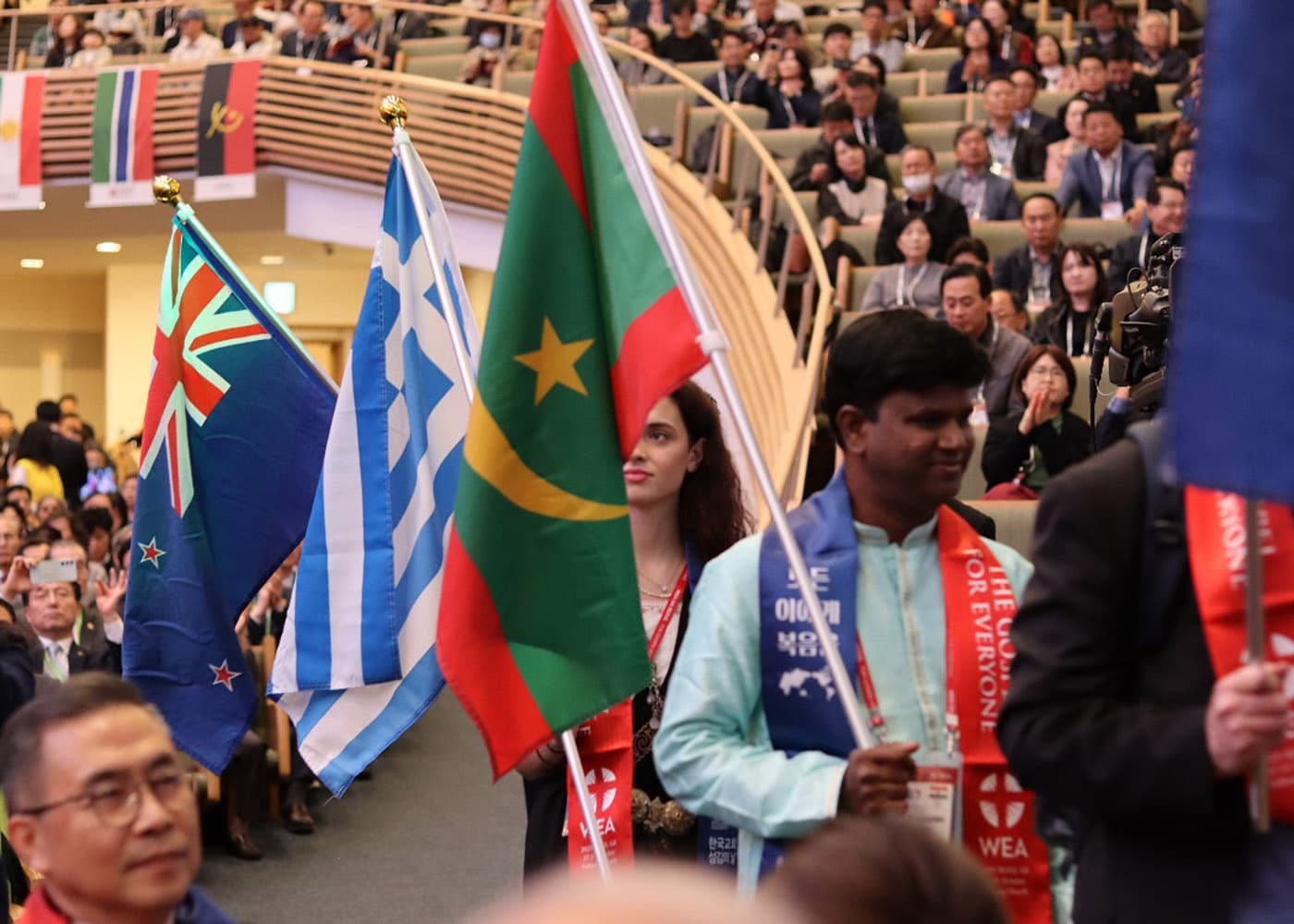

Stay Connected